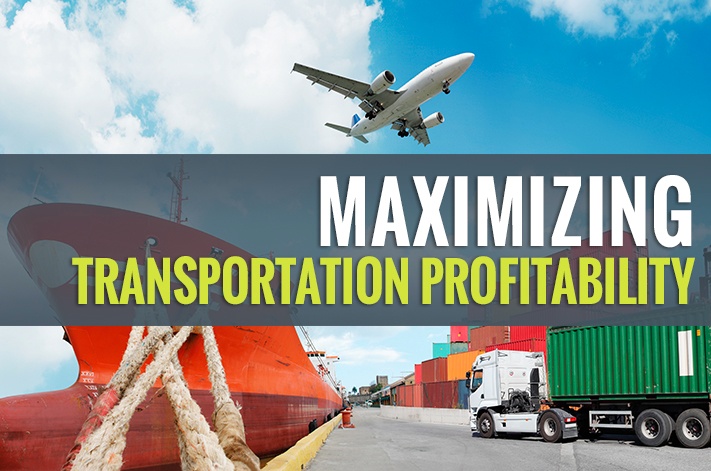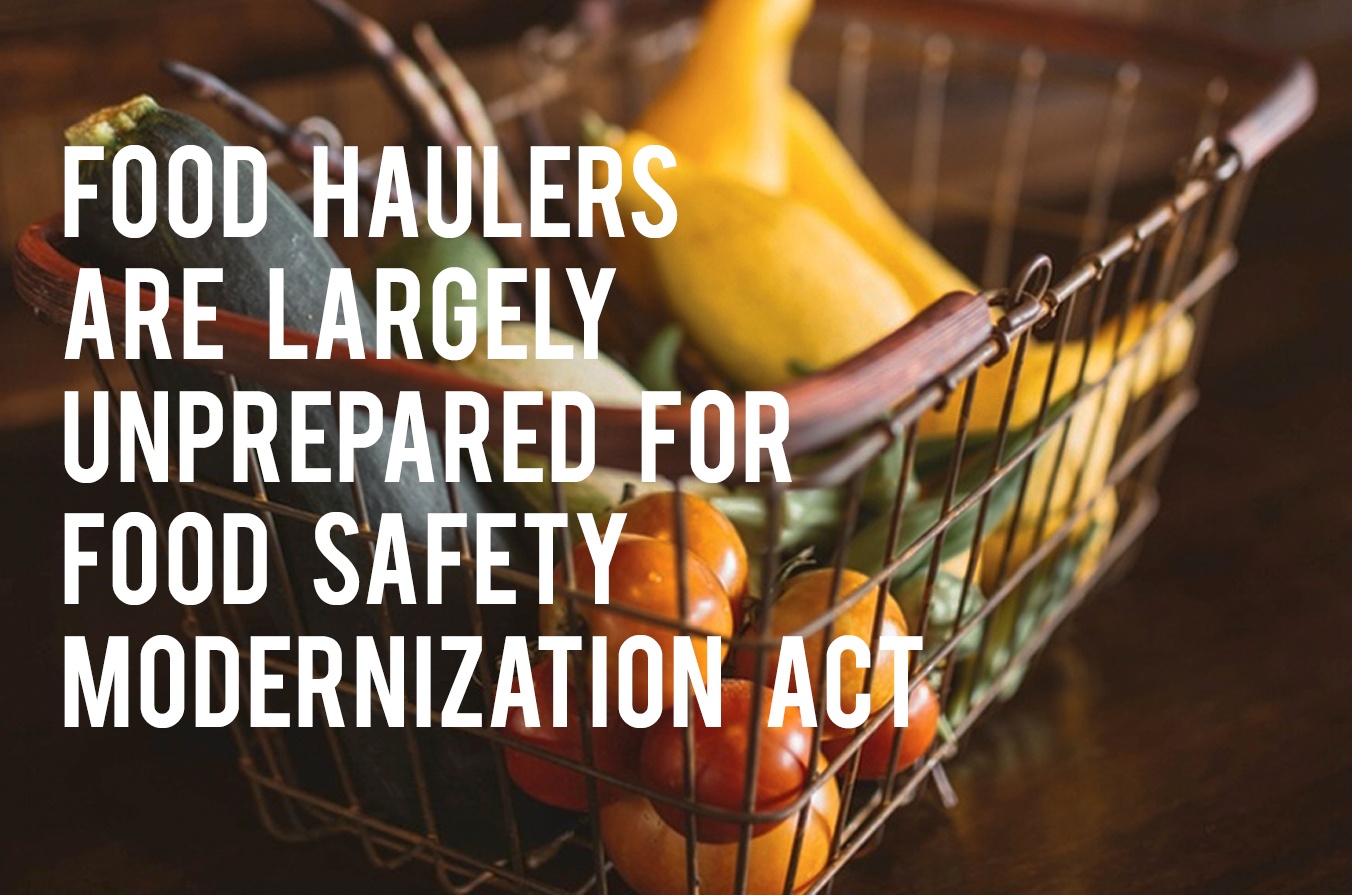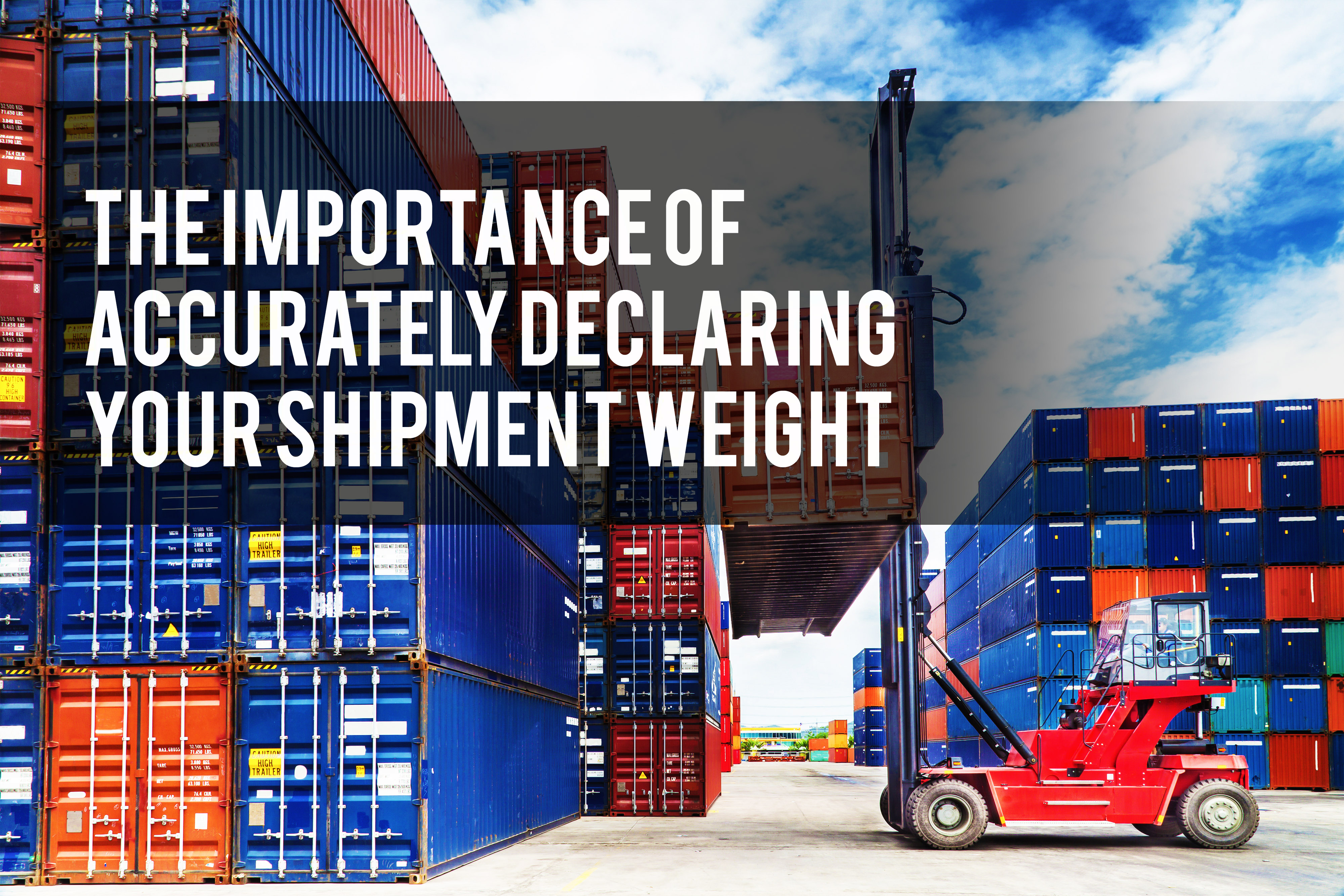7-Eleven, the world's largest convenience store, has partnered up with a tech startup company called Flirtey, and is now delivering the first order ever by drone to a customer’s home in Reno, Nevada. Industry watchers would have assumed that Amazon would be the first to make a drone delivery, however, they announced this week that they are moving their drone delivery operations to the UK to avoid the restrictive regulations of the United States. Given the feasibility, demand and safety precautions of U.S. regulations are expected to ease at the pace of Congress.
Read MoreFree Assessment, call 732-899-4242












 Land-Link, a well respected professional organization, has been providing its clients with effective transportation and logistics solutions since 1978.
Land-Link, a well respected professional organization, has been providing its clients with effective transportation and logistics solutions since 1978.

